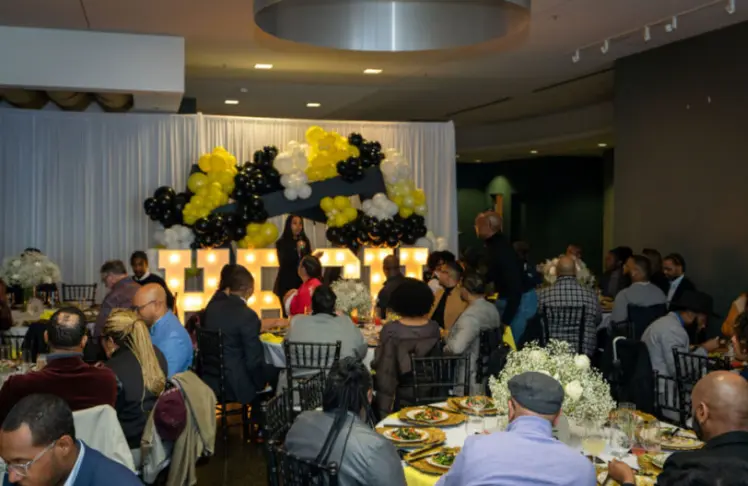
By Sabreen Dawud, Howard University News Service
San Francisco officials and civil rights organizations are advocating for the city’s first HBCU satellite campus.
As California is a state without an undergraduate HBCU, the satellite campus or branch of a campus far from the original university would be the first in the Bay Area.
While the initiative has not been finalized, officials and civil rights advocates have come together to explore the idea further.
On Feb. 2, the San Francisco Human Rights Commission hosted an HBCU Convening event in order to highlight the potential HBCU campus. Administrators from universities in the area, as well as other national HBCUs, were in attendance.
The HBCUs represented included Morris Brown College and Morehouse School of Medicine, Charles R. Drew University of Medicine and Science, Howard University, and Tuskegee University. San Francisco’s current mayor, London Breed, was also in attendance.
According to Saidah Leatutufu-Burch, director of The Dream Keeper Initiative, the organization’s interest in exploring an HBCU satellite campus was sparked by its launch.
Following the murder of George Floyd in 2020, Breed, San Francisco Board of Supervisors member Shamann Walton, and Director of the San Francisco Human Rights Commission, Sheryl Davis allocated $60 million a year to San Francisco’s Black community as a result of community organizing.
City officials and organizers said they were looking to establish an experience where students in the Bay Area could receive culturally affirming teachings, curriculum, and professors as part of the Dream Keeper Initiative.
In 2021, Shamann Walton established the African American Reparations Advisory Council for San Francisco, which recommended introducing an HBCU satellite campus to operationalize reparations in San Francisco.
“The importance of an HBCU experience is one to remind young scholars, to remind Black students, Black learners about their greatness, about our beauty, our excellence,” Leatutufu-Burch said. “The second is to feel loved on and to be a part of a community where excellence is the bar.”
Leatutufu-Burch said that her closest friends who attended HBCUs described unique experiences they wouldn’t have had at PWIs.
“We could just be Black,” she said. “Be Black and be okay and be in a safe space and be brave and be courageous.”
Diane Gray, co-founder and director of education at 100% College Prep, a Black-led nonprofit organization that focuses on college readiness, said she had advocated for bringing an HBCU campus to California since 2017 when she served as a city commission member for the southeastern districts of San Francisco.
“Doing these tours for so many years, so many students would come back and be like, ‘Wow, I wish we had an all-Black college here,’” she said. “It’s just an environment that builds their confidence, it’s an environment that they feel like they’re being seen and they belong.
“It’s an environment where they feel like the professors and almost everyone on campus are concerned about them, about their well-being, about their education.”
Some Black college students attending predominantly white institutions in California, such as Kayla McCullum, a sophomore at the University of Southern California (USC), said an undergraduate HBCU campus benefits Black students interested in college in California.
“A lot of people here didn’t even know that was a thing, and so I feel like having an HBCU in California can educate people or give the opportunity to experience parts of Black culture that they haven’t,” McCullum said.
The initiative’s first phase is anticipated to start this summer when 20 to 30 “transplant students” will be hosted in partnership with the University of San Francisco.















